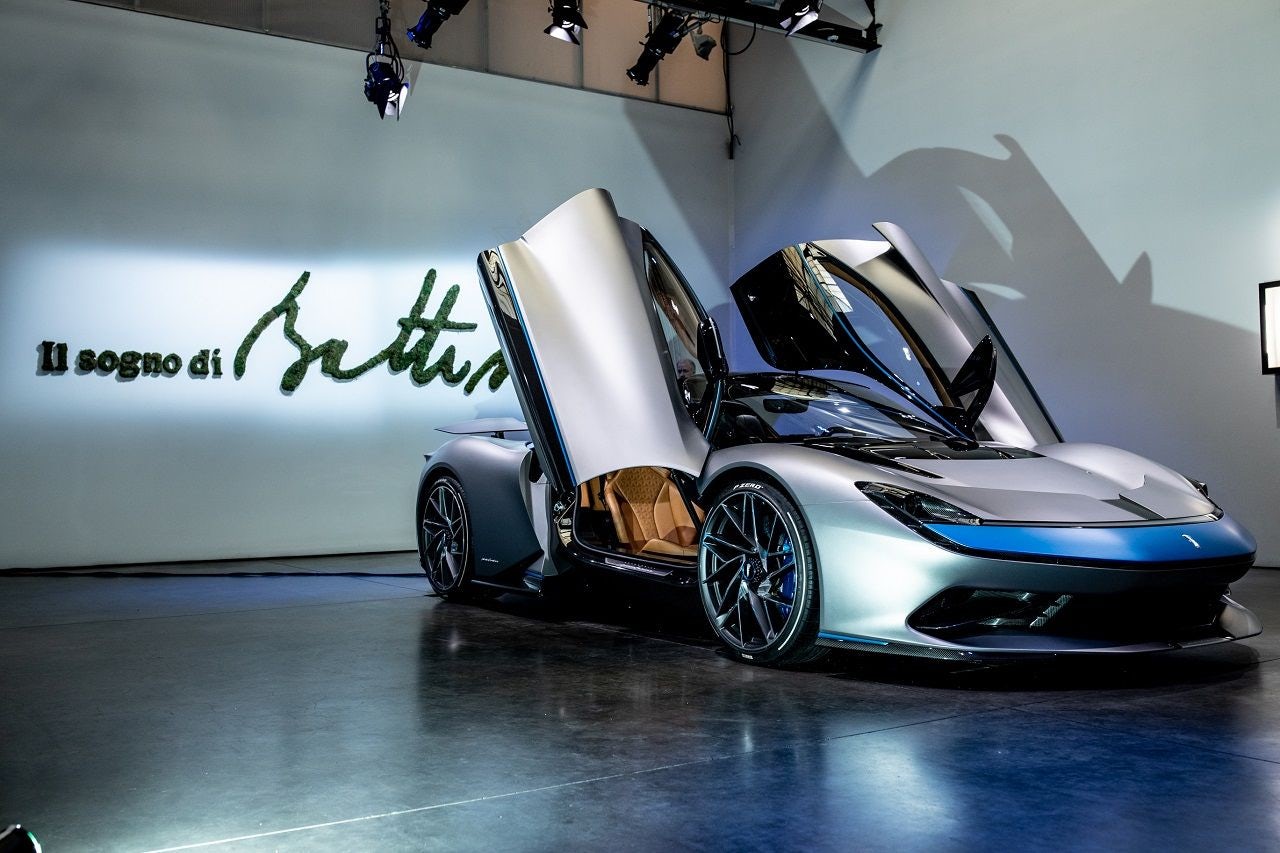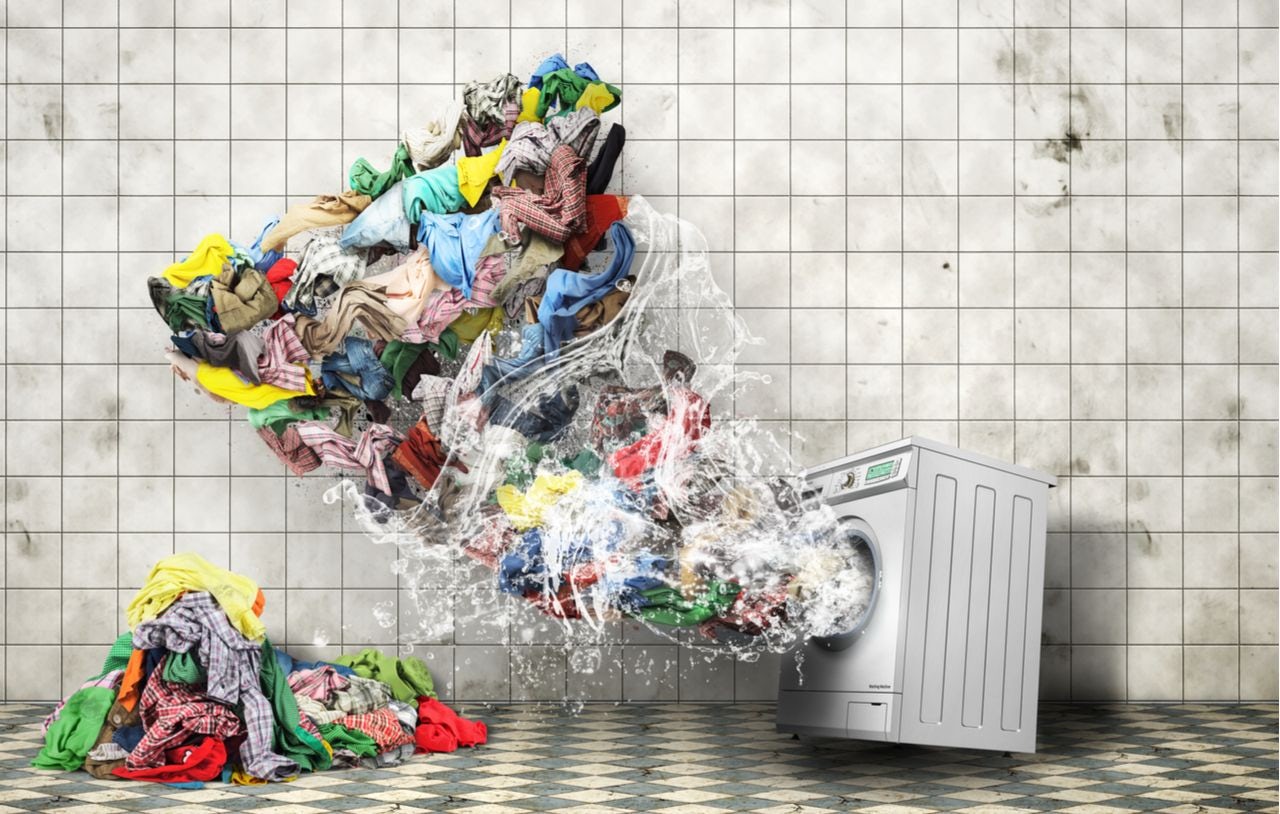Miroslava Duma is no stranger to risky endeavors. In 2011, she founded the digital company Buro 24/7 and its fashion and lifestyle platform Buro247.com. From there, she went on to co-found the e-commerce site, The Tot, which has become the go-to platform for parents searching for eco-friendly, trendy, and sustainable products for their children. And most recently, she created Future Tech Lab (FTL), a venture capital fund that works with innovative startups prioritizing sustainability by expanding advances in science and technology. Her professional achievements, and ongoing efforts to shape the lives of present and future generations, haven’t gone unnoticed. In 2018, the World Economic Forum awarded her the title of Young Global Leader. Not bad for someone who’s only 34.
Jing Daily caught up with Duma and Valentina Xu, CEO of Future Tech Lab China, about the company, upcoming projects in China, their outlook on the innovation industry, and much more.
How did Future Tech Lab come to life?#
DUMA: I was born in Siberia, in Russia, which is one of the coldest regions in the world, but also one of the richest in terms of natural oil and gas capacity. Growing up, I was acutely aware of how big of a pollutant this industry is. So you could say that my formative years helped shape my current passion and business in many ways. And the realization that the industry I have chosen to be part of, the 3T fashion and apparel industry (the world’s second largest source of pollution), sparked the idea to launch Future Tech Lab to help transform the fashion ecosystem into a technologically advanced, renewable, environmentally friendly, and socially responsible industry.
Innovation is crucial in any field but how much can you innovate in an industry where craftsmanship and exclusivity are valued?#
DUMA: The value of craftsmanship is prevalent, that is very true. However, I would say that innovation in the field of materials science is specifically needed. Over the years, scientific discoveries and advancements in technology have transformed the way we live and think, but fashion has largely remained unchanged since the Industrial Revolution and the creation of synthetic fibers and materials like polyester and rayon, both petrochemical products. It is fair to say that fashion and apparel industries are lagging behind. But materials being developed now are becoming ‘smarter,’ adapting to body temperature and even gathering data on the wearer. There is unlimited potential for innovation.
What projects is Future Tech Lab working on in China? And why did you select China as one of your markets?#
DUMA: FTL has been working closely with sustainable and high-tech Chinese companies. For example, our local partners include companies developing coffee grounds into yarn, creating natural dyes, fabrics from blended waste oyster shell, and more. We’ve also worked with Tencent and Alibaba Group on how to energize the fashion industry with sustainable technologies. We not only view China as a market with great potential for sustainable products, but also as one of the biggest contributors to global environmental protection. We are amazed by how innovative and green the Chinese market has become, and we will continue exploring sustainable technologies with our Chinese partners for green synergies.
China is outgrowing its reputation of being just the world’s factory and fast becoming an innovative hotspot, where some of the most thrilling technologies are being cultivated.
China is trying to reinvent itself through its “Made in China 2025” plan, but is the global consumer prepared to embrace the new Chinese sustainable mantra?#
XU: "Made in China 2025" is designed to position China as the world’s leading manufacturing country, while also joining the global transition to an eco-friendlier economy. The Chinese market is becoming more conscious of sustainable development and taking actions to embrace green technology. For sure, when you opt for a sustainably sourced and manufactured garment, you might pay a higher price at the beginning for the new product development, but the garment will be of better quality and has a less negative impact on our planet. At FTL, we believe it is not about whether the global consumer is ready to embrace China’s sustainable mantra, it’s about educating every one of us on the role we play in building a better future for our planet.
How do you see China impacting the luxury sector inside and outside the Mainland?#
XU: Chinese luxury shoppers account for over RMB 500 billion (roughly 74 billion) in annual spending, representing almost a third of the global luxury market. Therefore, when Chinese consumers wake up to embrace sustainability as the new way of living, luxury groups will follow suit; in fact, a lot of them are already doing this now. More importantly, we know that the millennial generation in China has become the key growth driver of the industry. While the Z generation is getting more fashion savvy, they are also getting more conscious of sustainability and becoming more conscious. Luxury brands are bound to evolve, and get greener if they want to win over the heart of Chinese consumers.
Alibaba Group, Baidu, Weibo or Tencent Holdings — which would be the ideal partner for Future Tech Lab in China and why?#
XU: Tencent, Baidu, Alibaba, Weibo and China’s other Chinese technology giants are playing a vital role in sustainable development. For instance, the Cainiao Network by Alibaba Group has developed a packaging optimization algorithm, which on average reduces the use of packaging materials by approximately 15 percent; Tencent and World Wide Fund (WWF) signed a memorandum of understanding (MOU) to begin a strategic partnership to empower ecological conservation using digital technology, with an ultimate goal of building a “Beautiful China,” and Baidu is working with The United Nations Development Program (UNDP) to build a big data lab. One of the first ventures of the lab is an environmental protection solution that allows users to take a picture of their electronic waste and in turn, they will be provided with the name, category, and estimated scrap price for the item.
DUMA: These are just a few examples of the sustainable efforts made by Chinese technology giants. And I am proud to say, we’ve already worked with Alibaba Group and Tencent here in China to explore the possibilities to inspire Chinese consumers to shop and live green. But frankly, we are open to working with both big conglomerates and startups. What truly matters is whether they have the determination and courage to embrace the trend, and the technologies to make it happen.
Today, China has become a leader in environmental stewardship but despite impressive accomplishments in the fields of agriculture, nutrition, and environmental protection, the textile industry hasn’t pushed sustainability to the foreground. Why is China’s apparel industry slower to embrace the sustainable revolution?#
XU: As mentioned above, the apparel industry has lagged behind in terms of innovation for decades. And this is not only the case in China, but all over the world. The reason behind this is manifold. For one thing, the general public is unaware of the fact that clothing and textile production is the second largest polluting industry in the world. This is why we put so much emphasis on educating, inspiring, and engaging the public to join us — because this cannot happen without them.
DUMA: There is also the lack of evolutional technologies to support it. Bolt Threads, one of FTL’s portfolio companies, studies a silk protein spun by spiders and is developing bioengineered silk. Another mind-blowing technology we invested in is mycelium (mushroom) leather that can be grown in labs to the shape required in just two weeks. But developing and integrating these new technologies will require a lot of dedication.


